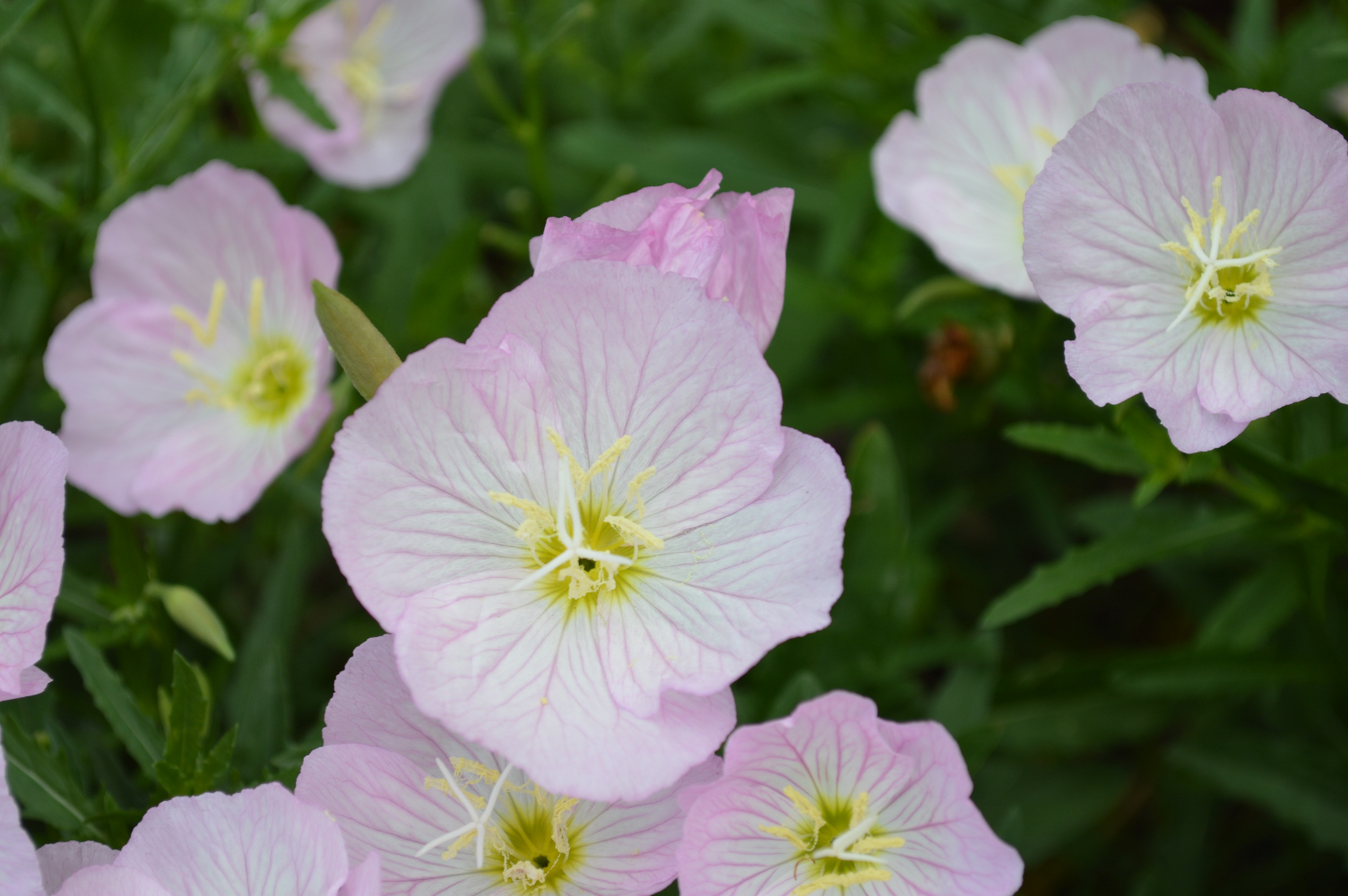
UPA Horticulture Zone
The UPA Horticulture Zone has been growing food & community behind UofL's Urban Studies Institute since ground-breaking on May 22nd, 2013! It is an initiative of the Urban & Public Affairs Student Organization, with funding provided by both the Student Organization and the Department of Urban & Public Affairs. The students were inspired to take an under-utilized small parcel of green space behind the building and turn it into a living, productive, and engaging “Horticulture Zone.” What had once been an uninviting patch of grass that had to be mowed regularly with fossil fuels was transitioned into an inviting outdoor gathering space beside our historic apple tree.
The space is used to grow fresh, delicious produce on fruit trees (peach, apple, and native serviceberry, and pawpaw) and in raised beds filled with rich, organic compost made by volunteers on campus from food waste collected both on and off campus. UPA students worked with Physical Plant’s grounds team to develop a site design that includes four hand-built planter beds with benches, sinuous paths, two compost bins, three rain barrels to capture water from the roof for irrigation, native shade-tolerant plants for areas under the canopy, and nitrogen-fixing red clover no-mow areas inspired by the Air Pollution Control District’s “Grow More, Mow Less” campaign which was run at the time by UPA graduate, Eric Burnett.
After an abundant first growing season in 2013, three rain barrels were installed and the new garden was formally dedicated during on Campus Sustainability Day, October 23, 2013. The dedication ceremony was a highlight of UofL Sustainability Week and included the harvest of over 100 pounds of sweet potatoes grown in just one of the raised beds! With the relocation of the Garden Commons in 2020 to a smaller site, the greenhouse was relocated to the UPA Horticulture Zone. This large, season-extending greenhouse features solar panels to power the ventilation fans.
The UPA Horticulture Zone is an all-volunteer project open to participation from anyone in the community. For more information, contact Justin Mog, Assistant to the Provost for Sustainability Initiatives.













